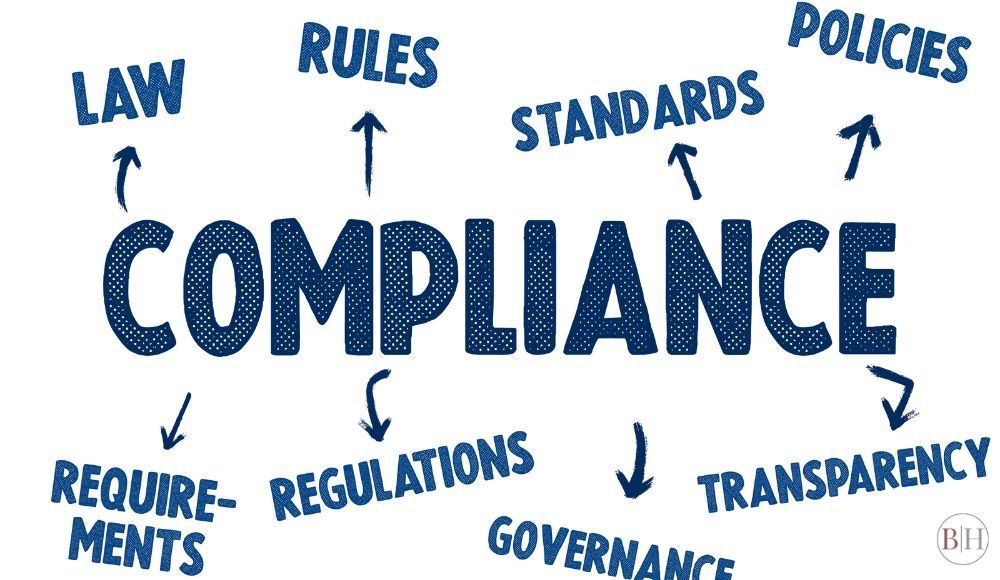Corporate Data Privacy and Cybersecurity

Today's digital era requires top priority for corporate data privacy and cybersecurity to safeguard sensitive information from cyber threats. Protecting data integrity ensures compliance with regulations and builds trust with stakeholders. Companies must implement robust strategies to address evolving risks and preserve their competitive edge.
Legal Requirements for Protecting Sensitive Corporate Data and Customer Information
Regardless of any specific law or jurisdiction, companies generally must implement reasonable security measures to protect sensitive data. These include:
- Limit data collection to what is necessary
- Obtain consent for processing sensitive data
- Provide clear privacy notices to consumers
- Allow consumers to exercise their data rights (access, correction, deletion)
- Conduct data protection impact assessments for high-risk activities
- Have contracts with vendors that meet specific data protection requirements
- Notify affected individuals and authorities in case of data breaches
To comply with these requirements, companies should:
- Assess what information they have and who has access to it
- Implement strong access controls and authentication methods
- Encrypt sensitive data
- Regularly update and patch systems
- Train employees on data protection practices
- Conduct regular risk assessments
- Develop and maintain an incident response plan
By adhering to these legal requirements and best practices, companies can better protect sensitive corporate data and customer information, reducing the risk of data breaches and regulatory penalties.
Compliance with Data Privacy Laws such as GDPR and CCPA in Corporate Operations
GDPR (General Data Protection Regulation) and CCPA (California Consumer Privacy Act) are significant data privacy regulations that substantially impact corporate operations, mainly how businesses handle personal data.
General Data Protection Regulation (GDPR)
GDPR is a comprehensive data protection law that came into effect in the European Union (EU) in 2018. It applies to any organization that processes personal data of EU residents, regardless of the company's location. The law mandates appropriate technical and organizational measures to ensure data security.
California Consumer Privacy Act (CCPA)
Enacted in 2020, CCPA is a state-level privacy law in the United States that aims to enhance privacy rights and consumer protection. It applies to for-profit businesses that meet specific thresholds related to revenue, data processing volume, or data-selling activities. CCPA grants California residents the right to access, delete, and opt out of the sale of their personal information. It also mandates reasonable security measures to protect consumer data.
Strategies for Mitigating Cyber Risks and Responding to Data Breaches
Cybersecurity risk mitigation and data breach response are critical components of an organization's security strategy. Here are some strategies for addressing them:
Cybersecurity Risk Mitigation
- Encrypt sensitive data and create regular backups
- Install and maintain firewalls and antivirus software
- Implement network segmentation to restrict access in case of a breach
- Use strong passwords and multi-factor authentication
- Keep all software and systems updated and patched
- Limit and control account access
- Implement robust access control measures
- Regularly review and update user permissions
- Conduct regular assessments and training
- Implement continuous monitoring tools like SIEM and EDR solutions
Data Breach Response Strategies
- Develop a comprehensive data breach response plan
- Establish clear roles and responsibilities for breach response
- Contain the breach by disconnecting affected systems from the network
- Mobilize the incident response team and activate the response plan
- Identify the type of data compromised and potential risks to affected individuals
- Notify affected individuals, relevant authorities, and other stakeholders as required by law
- Implement a communication plan to manage internal and external messaging
Implementing these strategies can significantly reduce cybersecurity risks and be prepared to respond effectively to data breaches.
Consult With Our Legal Team
The corporate attorneys at Bingaman Hess will ensure that your business complies with local and national laws. Contact us today to schedule a consultation. Our corporate attorneys provide the highest level of representation and personalized attention.
This article is for informational purposes only and does not constitute legal advice. No one may rely on this information without consulting an attorney. Anyone who attempts to use this information without attorney consultation does so at their own risk. Bingaman Hess is not and shall never be responsible for anyone who uses this information. It is not legal advice.









